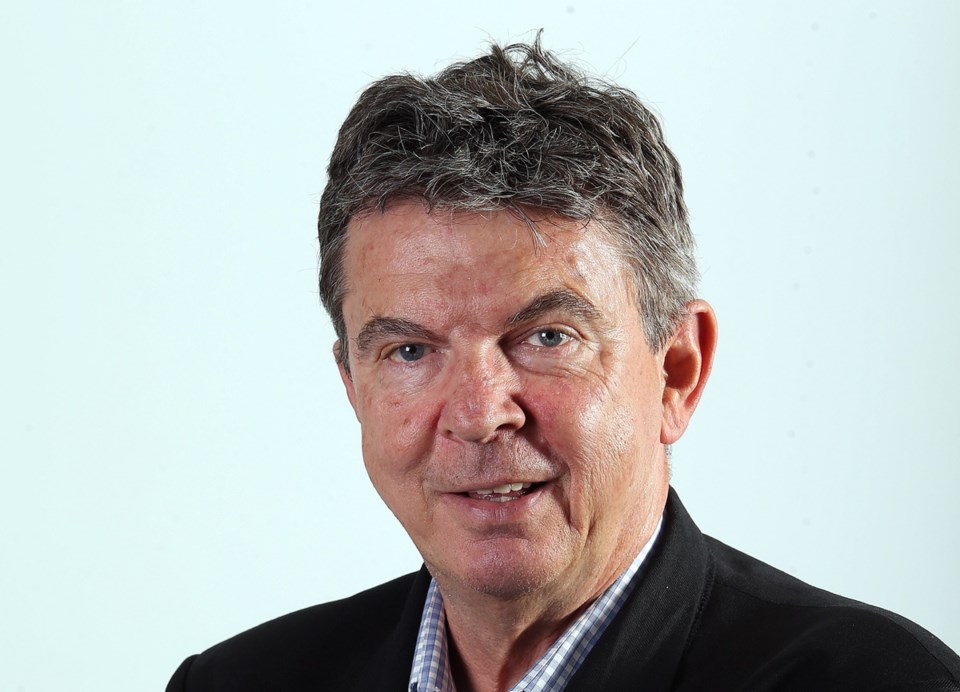 The B.C. Liberal government enjoyed a four-year run with only two or three Opposition MLAs in the legislature in the early 2000s as they pushed a huge raft of reforms through the house. A common theme during the first term was to shrink government, curtail regulation and divest responsibilities.
The B.C. Liberal government enjoyed a four-year run with only two or three Opposition MLAs in the legislature in the early 2000s as they pushed a huge raft of reforms through the house. A common theme during the first term was to shrink government, curtail regulation and divest responsibilities.
The bill that handed most responsibility for regulating the real-estate industry over to the industry itself was introduced toward the end of that term, just a year before the 2005 election, when the NDP caucus bounced back to a respectable size.
It’s been in force for more than 10 years and on Wednesday, Premier Christy Clark pronounced the approach a failure. Her dramatic response to sharp criticisms in an independent report delivered Tuesday went far beyond what the panel itself suggested. It wanted a couple of dozen changes to how the self-regulation approach supposedly oversees B.C.’s real-estate agents.
Instead, Clark is disbanding the industry’s Real Estate Council and restoring oversight to a provincial office of the superintendent of real estate.
It’s the political equivalent of what’s happening in the market these days — she went well over asking price.
Reflecting on the 2004 bill that set the course for Wednesday’s pronouncement, it’s an example of what can happen when there aren’t enough critics around to ask tough questions.
Then-cabinet minister George Abbott stood in for then-finance minister Gary Collins and introduced it as a way to enable more responsive and effective regulation of the industry. “The council will be directly responsible for the licensing, education and discipline of all real estate licensees and will be equipped with a broad range of new investigative and enforcement tools,” he said.
It would also “reduce the regulatory burden,” which was a lot closer to the real reason it was introduced.
Collins returned later for 90 minutes of debate on details, with the vast majority of questions coming from Liberal backbenchers. But no one asked anything about the central point, which was handing over the policing function on a multibillion dollar industry to the industry itself.
That process was in force well before the bill came along, part of a long-term trend toward self-regulation in various sectors. But incrementally, the self-regulatory approach turned into a flop. And it wasn’t just the overheated market that exposed its failings. The market was almost as hot in 2004 as it is now. There was a reference during debate then to condos selling in half a day, with 12 bidders involved.
The independent panel said the current system was failing on several measures, including transparency, ethics enforcement and general compliance oversight. The council’s disciplinary moves are opaque and leave the impression offenders can cut deals. And local real-estate boards, over time, have taken on handling consumer complaints and licensee discipline, which confuses who is in charge of enforcement.
As well, the functions of the current superintendent of real estate confuse things further. The office doesn’t communicate publicly, is underfunded and shares staff across other regulatory fields.
All that’s about to change. The council operated with 47 staff and didn’t get the job done. So that will be the starting point for what a beefed-up superintendent’s office needs to take over the policing function. It’s not clear what will happen to the 11 regional real-estate board compliance offices, but it looks like all the clout is headed back to the provincial office.
The big job will be to focus on the sharks and con artists, without loading a lot more paperwork on to the majority of honest and responsible real estate agents.
An hour before Clark made her move, NDP Leader John Horgan also said the council was a failure and another model would be appropriate. But the Opposition is more focused on foreign ownership, associating it closely with tax evasion, money laundering and fraud. The B.C. government has been reluctant to dive into the red-hot foreign ownership issue, although it’s been listening to ideas about vacant homes.
Clark did a recap of real estate issues Wednesday and didn’t mention it. But she said “everything is on the table” when it comes to a comprehensive response to the real estate issue. Putting an abrupt end to self-regulation backs up those words.



